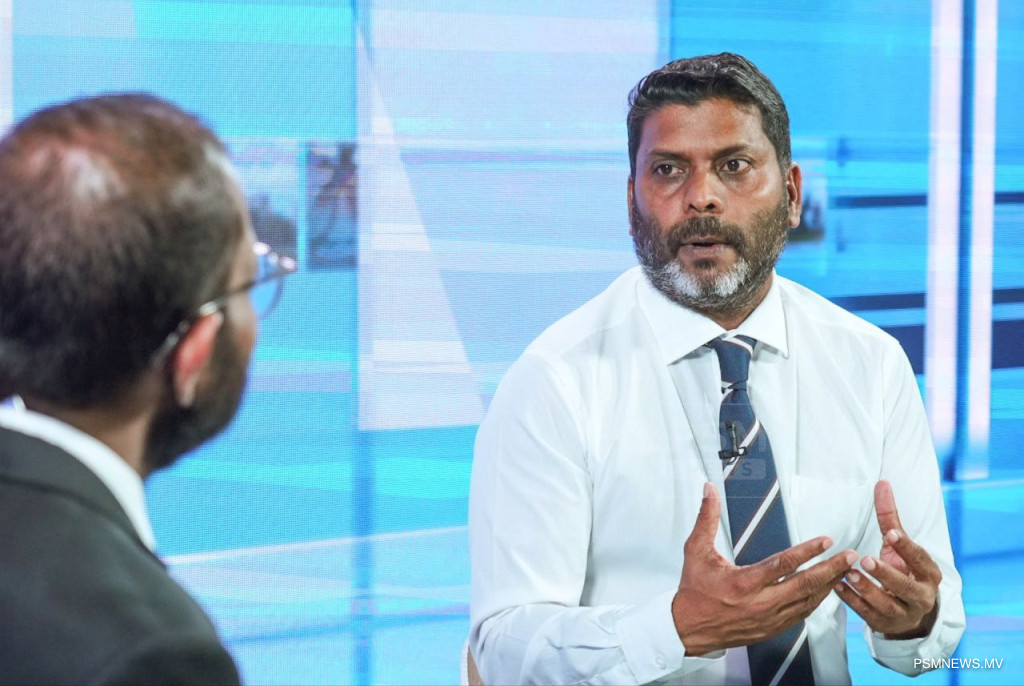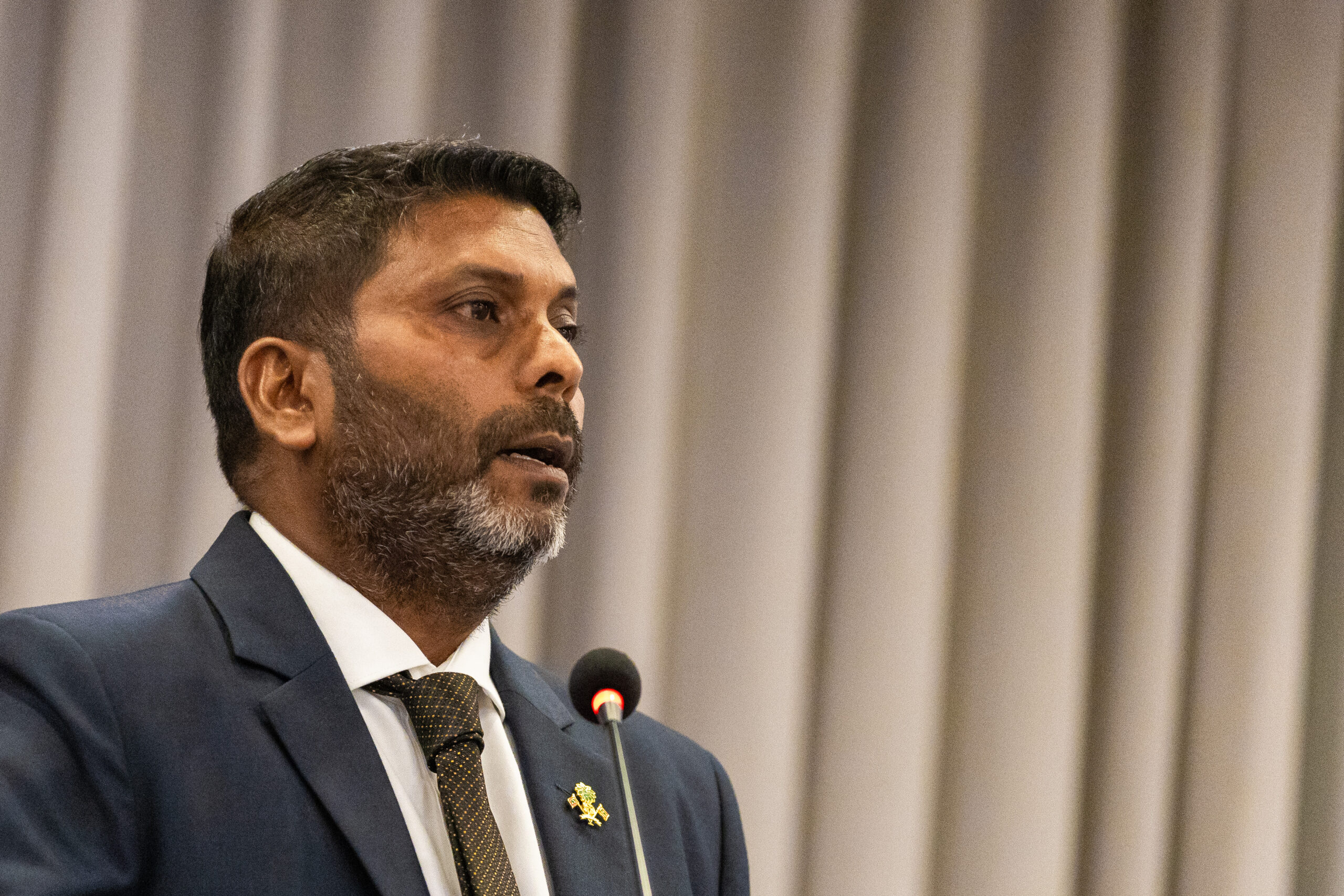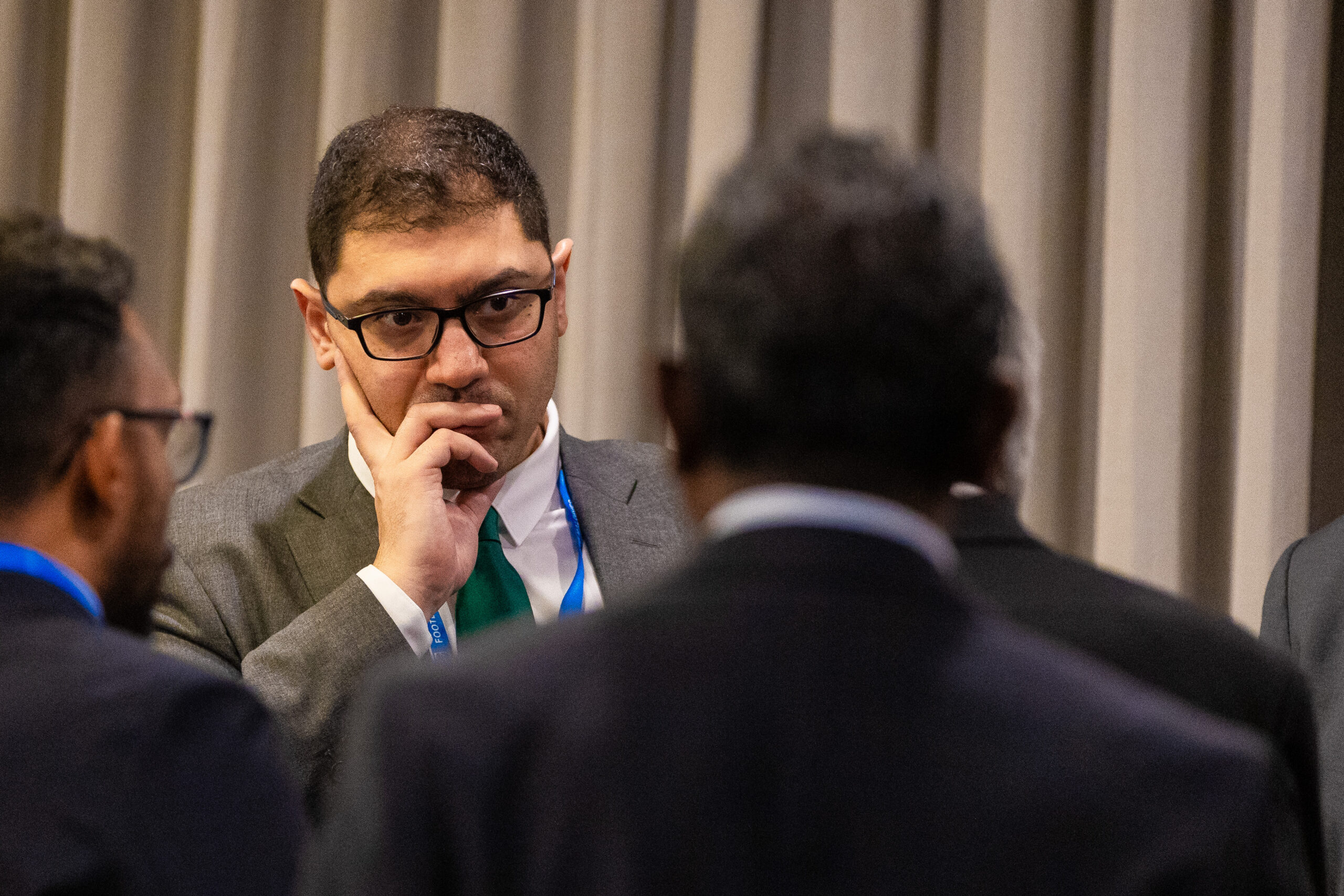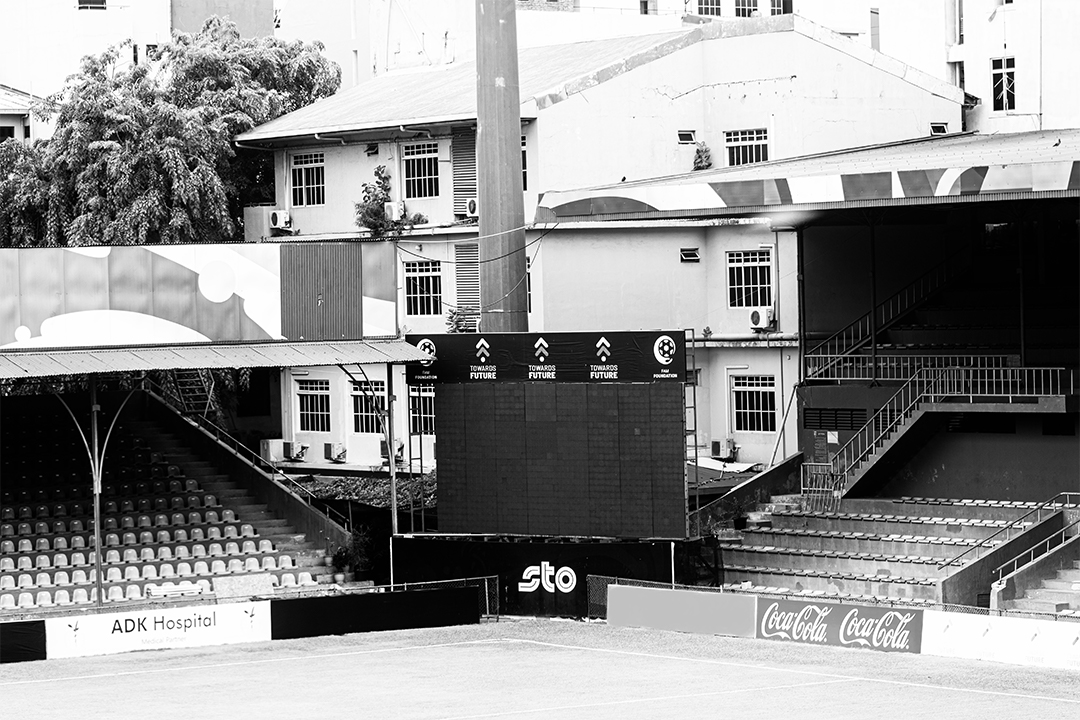A formal motion calling for a decentralised football system has been submitted to the Football Association of Maldives.
Signed by ten of the seventeen FAM member clubs, the proposal outlines a shift from centralised decision-making to a four-region framework, with the aim of expanding participation, access, and autonomy across the country’s 20 atolls.
The motion, tabled by TC Sports Club and spearheaded by former national team striker Ahmed Thariq, proposes the creation of regional football associations — each with defined administrative and electoral authority. The suggested model divides the nation into Northern, Central, Southern, and Malé-based regions.
Autonomy to the Atolls
According to the proposal, the new structure would assign governance responsibilities and voting rights to each region:
Northern Region: Haa Alifu, Haa Dhaalu, Kulhudhuffushi City, Shaviyani, Noonu, Raa, Baa, Lhaviyani
Central Region: Kaafu, North Ari, South Ari, Vaavu, Meemu, Faafu, Dhaalu
Malé Region: Clubs based in Malé and lower-division teams from the capital
Southern Region: Thaa, Laamu, North Huvadhu, South Huvadhu, Thinadhoo City, Fuvahmulah City, Addu City
Under this amendment to the Articles of Association, voting rights would be expanded to 64 electoral votes. Each of the four regional associations would receive 11 votes, while clubs in the Dhivehi Premier League would collectively hold 20 votes. The proposal also includes a clause to establish all four regional bodies within 12 months of ratification.
A two-year timeline is set for realigning the league format to enable clubs from regional associations to earn promotion into the Dhivehi Premier League — the country’s top tier.
Additionally, a key clause seeks to revise FAM’s club membership eligibility rule. Currently, clubs become eligible for membership after five years of league participation. The motion recommends shortening this period to three years, aiming to lower entry barriers for developing clubs, especially those outside Malé.
A longstanding debate, a critical moment
The push for decentralisation is not new. Football administrators and veteran players have long pointed to the uneven distribution of resources, access, and representation in Maldivian football. This proposed motion, with the backing of a majority of clubs, has been brought to the table with the potential to trigger a systemic overhaul.
The timing is significant. FAM has been under a normalisation process since August last year. One of the main purposes of the normalization committee is to facilitate the amendments to FAM’s Articles of Association. The committee’s mandate, set by FIFA, is due to conclude in July. An extraordinary congress scheduled for next month will see the amendments put to a vote.
Thariq’s role and what lies ahead
Ahmed Thariq, a former president of FAM and current Mahibadhoo MP, is playing a central role in this reform effort. Seen as a likely contender in the upcoming FAM presidential election, Thariq’s dual experience in football and governance lends weight to the proposal.
Among the clubs reported to have signed the motion are Maziya Sports and Recreation and Club Valencia from the top division, as well as Mahibadhoo SC, JJ, and Tent from the second tier.
If passed, the decentralisation motion could mark a turning point in the history of Maldivian football — transforming it from a capital-centric system to one that reflects the full geographic and sporting diversity of the country.


 Ali Thameem
Ali Thameem









